The Role of Project Managers in Commercial Construction Success
Commercial construction projects are complex, requiring seamless coordination of multiple teams, timelines, and budgets. At the heart of every successful project is a skilled project manager who ensures everything runs smoothly.
At HL Contractors, our project managers play a critical role in delivering projects on time, within budget, and to the highest quality standards. Let’s explore why project managers are essential in commercial construction and how they add value to every project.
1. Planning & Pre-Construction Strategy
Before any construction begins, a detailed plan must be in place. A project manager ensures:
Clear project goals and scope are defined
Budget estimates are accurate
Necessary permits and approvals are obtained
A well-structured timeline is established
This initial phase prevents costly delays and confusion once construction starts.
2. Coordinating Teams & Subcontractors
Commercial construction involves multiple teams, including architects, engineers, electricians, and subcontractors. A project manager:
Keeps communication streamlined between all parties
Schedules subcontractors efficiently to avoid delays
Ensures each team follows the project timeline and specifications
Without proper coordination, projects can suffer from delays, cost overruns, and miscommunication.
3. Managing Budgets & Cost Control
A key responsibility of a project manager is ensuring the project stays within budget. This includes:
Monitoring material and labor costs
Avoiding unexpected expenses through careful planning
Negotiating cost-effective solutions without compromising quality
Having a dedicated financial strategy helps prevent wasteful spending and keeps the project financially sustainable.
4. Problem-Solving & Risk Management
Construction projects are prone to unexpected challenges, such as weather delays, material shortages, or design modifications. A project manager:
Identifies potential risks early
Creates backup plans to handle disruptions
Quickly resolves issues before they impact deadlines
Being proactive rather than reactive keeps the project on track.
5. Quality Control & Compliance
The integrity of a commercial building depends on strict adherence to quality standards and regulations. Project managers:
Conduct regular inspections to ensure quality workmanship
Ensure compliance with building codes and safety regulations
Address any defects or concerns before finalizing the project
This attention to detail guarantees that the final construction meets industry standards and exceeds client expectations.
6. Delivering Projects On Time
Time is money in commercial construction. A delayed project can result in lost revenue, operational disruptions, and additional costs. Project managers keep everything on schedule by:
Setting clear milestones for progress
Addressing bottlenecks and slowdowns
Holding teams accountable for deadlines
Efficient time management ensures businesses can start using their new or renovated space as planned.
Trust HL Contractors for Expert Project Management
At HL Contractors, our experienced project managers ensure that every commercial construction project is organized, cost-effective, and high-quality. Whether it’s a new build, renovation, or interior fit-out, we deliver results that meet your expectations and business goals.
Ready to start your next commercial project? Contact us today for expert project management and superior construction services!
